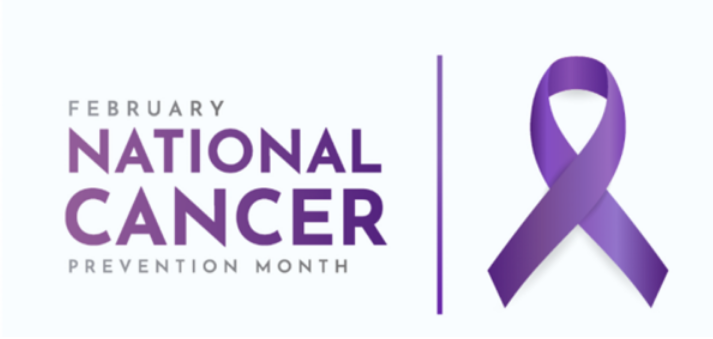
Based on research by the American Association for Cancer Research (AACR):
Studies reveal that over 40 percent of all cancer diagnoses and almost half of all cancer-related deaths in the United States can be attributed to preventable causes. These factors encompass behaviors like smoking, excessive body weight, lack of physical activity, and prolonged exposure to the sun.
You can lower your risk of developing various common types of cancer by adopting healthy choices. Early detection through screening tests significantly enhances the effectiveness of treatment, and specific vaccines can aid in preventing certain types of cancer.
February is designated as National Cancer Prevention Month; the American Cancer Society is sharing strategies for preventing cancer or identifying it at an early stage.
Don’t Smoke or Aim to Quit
Smoking and exposure to secondhand smoke account for 90% of lung cancer deaths in the United States.
The use of tobacco products is associated with cancers affecting the larynx, mouth, throat, esophagus, urinary bladder, kidney, pancreas, cervix, colon, rectum, liver, and stomach.
Protect Your Skin from the Sun
Skin cancer is the most prevalent and preventable type of cancer in the United States.
Ensure consistent use of adequate sun protection throughout the year and refrain from using indoor tanning beds.
Maintain a Healthy Weight
Overweight and obesity are linked to at least 13 types of cancer, including endometrial (uterine), breast, and colorectal cancer.
Managing your weight through physical activity and healthy eating reduces the risk of cancer.
Limit Alcohol Intake
Heavy and binge drinking elevate the risk of breast, liver, colon, rectum, mouth, pharynx, larynx, and esophagus cancer.
Men should consume no more than two alcoholic drinks per day, and women should limit themselves to one.
Practice Safer Sex and Get Vaccinated Against Infectious Disease
Unprotected sex can transmit Human Papillomavirus (HPV) and Hepatitis B.
If untreated, HPV, Hepatitis B, and Hepatitis C are linked to numerous cases of cervical and liver cancer.
Know Your Family Health History and Get Regular Cancer Screenings
Awareness of your family health history aids in determining necessary screening tests and their timing.
Regular cancer screenings are essential for detecting cancer or precancerous conditions before symptoms manifest.
References:
